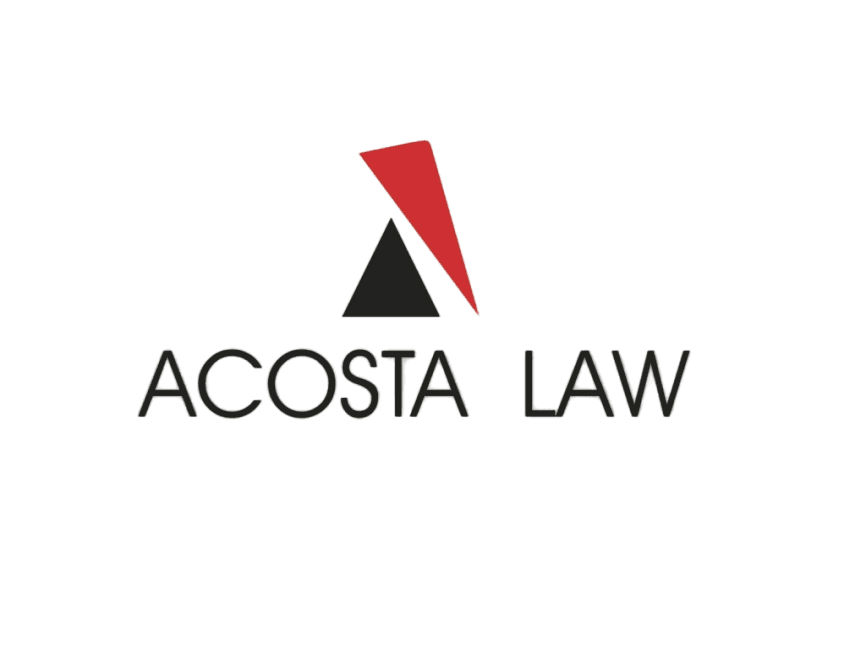A Beginner's Guide to Bankruptcy: Navigating Chapter 7 and Chapter 13
Understanding Bankruptcy: An Overview
Filing for bankruptcy is often considered a last resort for individuals struggling with overwhelming debt. It can be a complex process, but understanding the basics of Chapter 7 and Chapter 13 bankruptcy can help you make informed decisions. These two types of bankruptcy serve different purposes and have unique processes, so it's crucial to know which one suits your financial situation.

What is Chapter 7 Bankruptcy?
Chapter 7 bankruptcy, often referred to as "liquidation bankruptcy," is designed for individuals who have limited income and cannot repay their debts. Under Chapter 7, certain assets may be sold to pay off creditors. However, many personal assets are protected under state exemption laws, allowing filers to retain essential property.
The primary benefit of Chapter 7 is the discharge of most unsecured debts, such as credit card balances and medical bills. This process typically takes four to six months from filing to discharge, providing a relatively quick path to financial relief.
Eligibility for Chapter 7
To qualify for Chapter 7 bankruptcy, you must pass the means test, which compares your income to the median income of a similar household in your state. If your income is below the median, you can file for Chapter 7. If it exceeds the median, you may still qualify by meeting specific conditions or considering Chapter 13 instead.

Understanding Chapter 13 Bankruptcy
Chapter 13 bankruptcy, known as "reorganization bankruptcy," is designed for individuals with a steady income who can repay some or all of their debts over time. Unlike Chapter 7, Chapter 13 allows you to keep your property while making payments to creditors through a court-approved plan.
Under Chapter 13, you propose a repayment plan that lasts three to five years. This plan considers your income, expenses, and debts. The aim is to make debt manageable by reducing interest rates and extending payment terms.
Eligibility for Chapter 13
To file for Chapter 13 bankruptcy, you must have a regular income and ensure that your secured and unsecured debts fall within specific limits set by the bankruptcy law. This option may be suitable if you have valuable assets you want to protect or if you don't qualify for Chapter 7.

Key Differences Between Chapter 7 and Chapter 13
While both types of bankruptcy provide relief from debt, their processes and outcomes differ significantly:
- Asset Retention: Chapter 7 may involve asset liquidation, while Chapter 13 allows you to keep your property.
- Debt Discharge: Chapter 7 discharges most unsecured debts quickly, whereas Chapter 13 involves a repayment plan.
- Eligibility Requirements: Chapter 7 requires passing the means test, while Chapter 13 requires a steady income.
Navigating the Bankruptcy Process
If you're considering bankruptcy, it's essential to consult with a qualified bankruptcy attorney. They can help you assess your financial situation, understand the legal requirements, and guide you through the filing process. Filing for bankruptcy can affect your credit score and financial future, so professional advice is crucial.
Remember that bankruptcy is not the end but a new beginning. With careful planning and financial management, it can provide the fresh start needed to rebuild your life.
